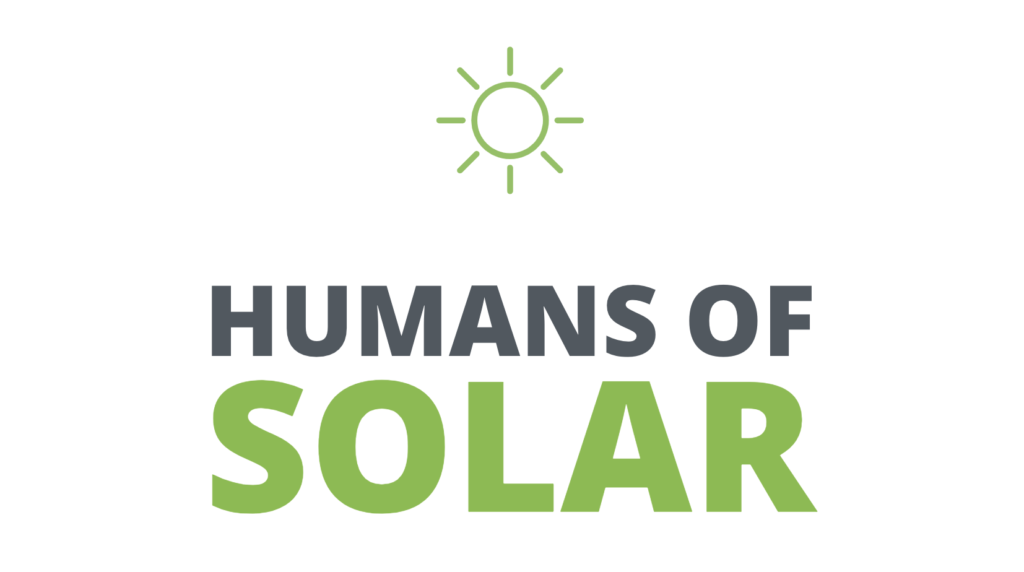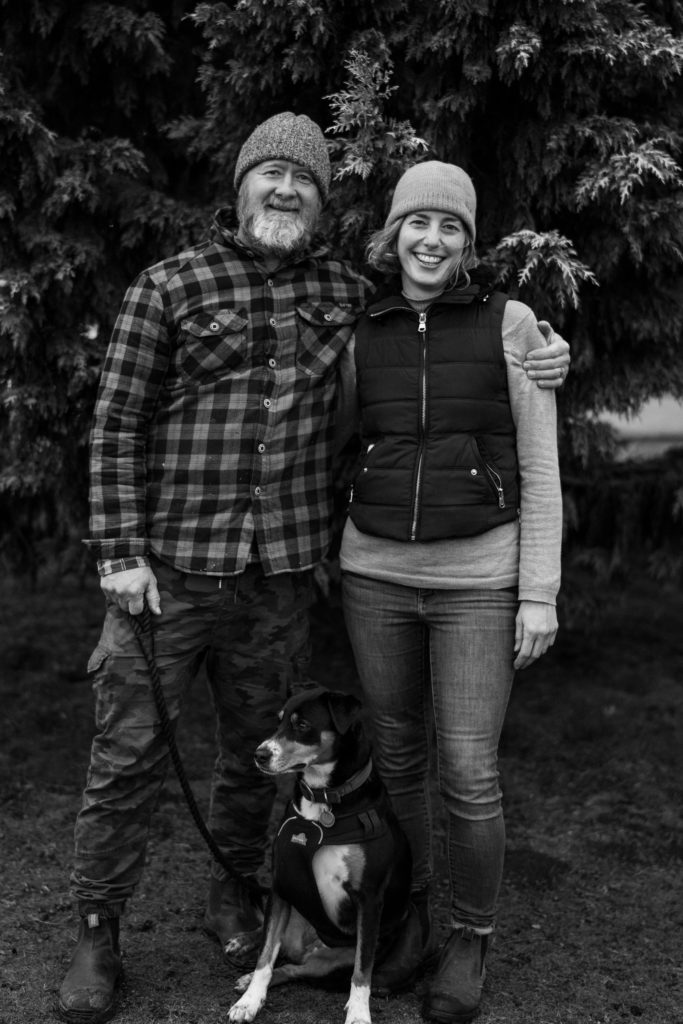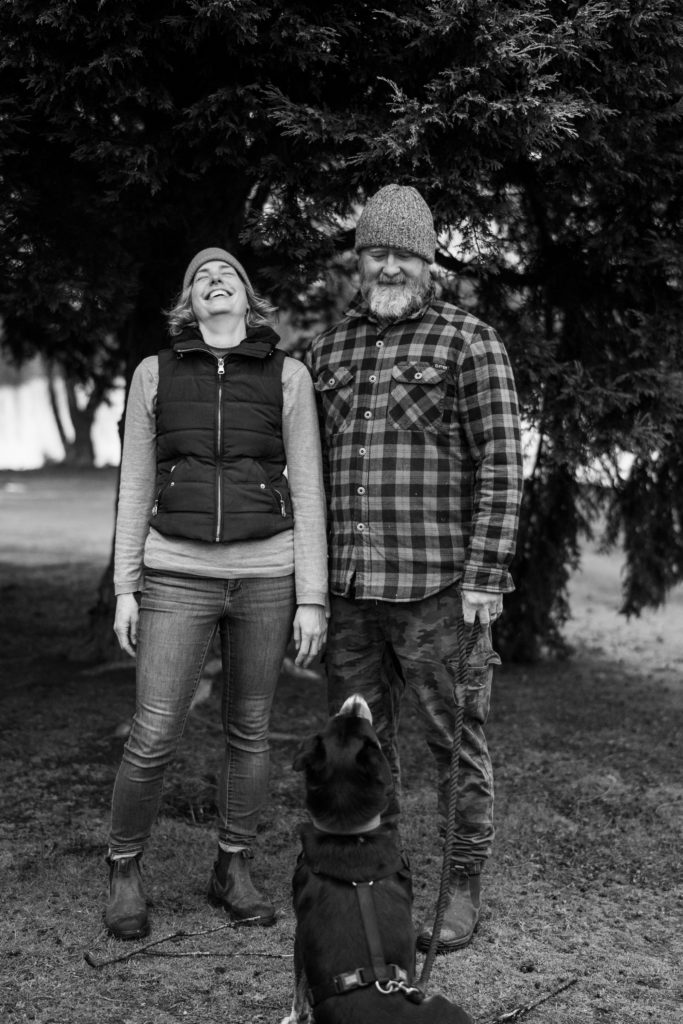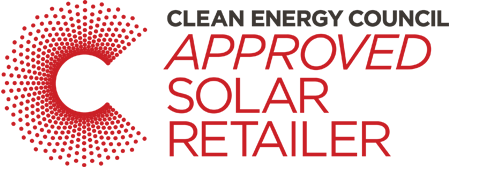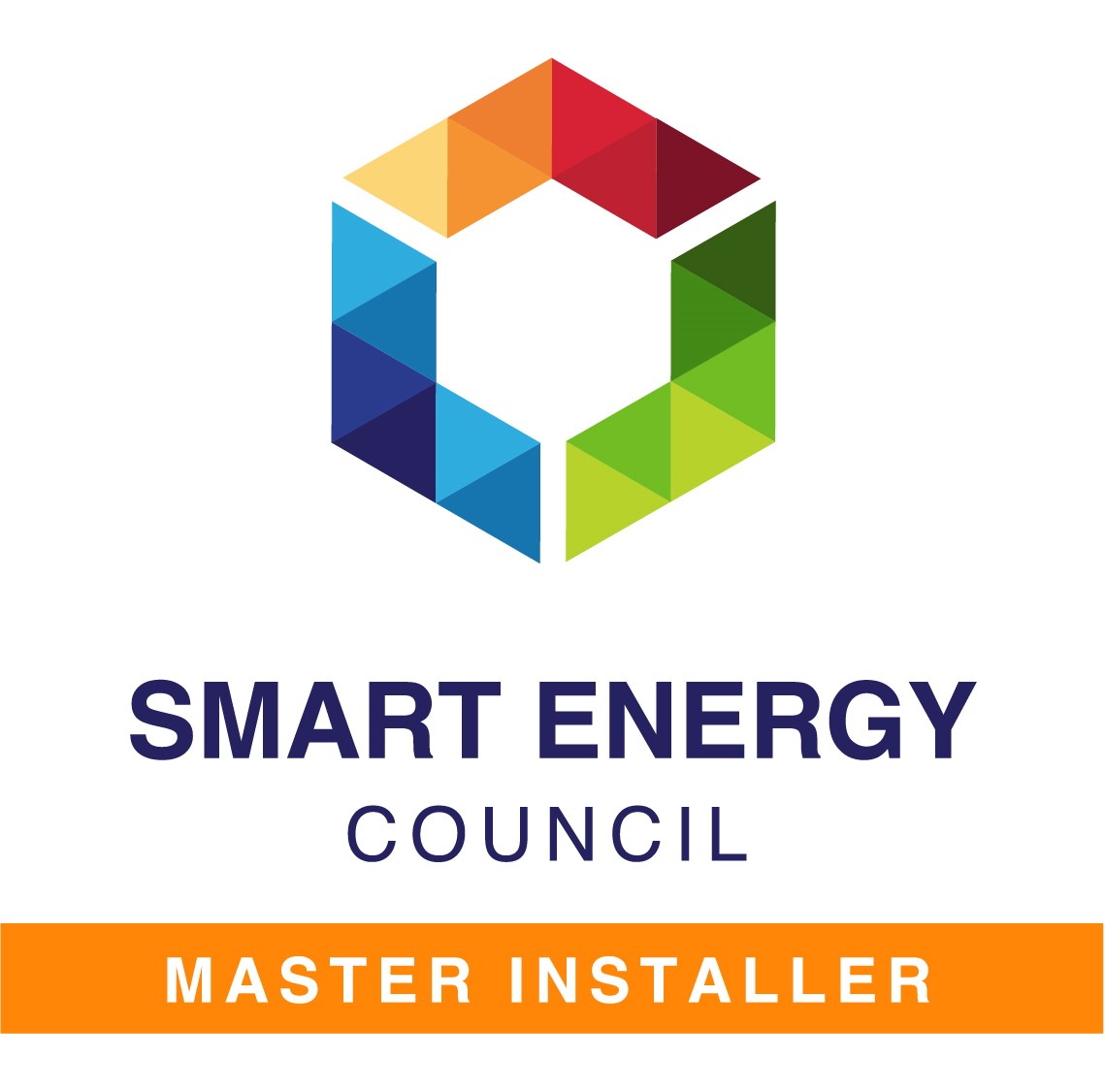Humans of Solar: Luke Clarke & Cat Irving
07 Sep, 2021
We speak with everyday Tasmanians who are living off sunshine.

by Luke Clarke & Cat Irving
Cat: We live in a converted tin shed in Derby, making sourdough bread for a living. We met in South-East Asia and travelled together for ten years, following chef jobs for Luke and opening restaurants in places like Laos, Fiji, Canada and Europe. After travelling so much we were wanting to settle down somewhere. Moving around all the time became a weight, a chore. We just wanted to put down roots and not be constantly thinking, ‘Where to next?’
The first time Luke showed me this property online, we were on the mainland and I would have to say the photos did not do it justice. It just looked like a doomsday prepper shack! We came and had a look and were daunted at first, but also really excited about the setup. It was already off-grid when we bought it, but a very outdated system, which created a lot of challenges.
Luke: But because we’d never done it before, we didn’t know any different. As far as power supply goes, it’s like we started at the absolute bottom, but we didn’t know! The old system had a lot of maintenance, checking levels a few times a week. It was only when we looked at updating the system, about 18 months after moving here, that we learnt about new solar technology, and it was just mind-blowing. It changed our life.
Most people are surprised when they walk inside our place, because it’s Colorbond on the outside, so you’re not expecting too much. But you walk in and it’s all timber lined, it has real warmth. It’s only about 90 square-metres, so as far as energy efficiency, it’s unbelievable. It heats very quickly and is easy to cool in summer.
Cat: Martin from Mode Electrical, three or six months after upgrading the batteries, he had to scold us and tell us we had to start using the kettle and toaster, “stop boiling water on the stove, stop making your toast in the pan!” He was quite adamant. “You’ve paid for this power, now you have to use it!”
While travelling we enjoyed the smaller villages and were used to limited power. We worked on a remote island in Fiji that only had generator power by day. I think we really did relish it, to be more active during the day when the sun’s out and then once the sun’s down, you wind things up and go to bed! We built a passive solar house in Margaret River too, which was our first major experience of sustainable living. For me, it’s about living a simpler life. Growing your own produce, and just using less of everything.
Luke: We run a small scale sourdough business, The Derby Bread Shed, in another shed separate to the house. The baking was something I wanted to transition into after being a chef for 28 years. But also, the lifestyle and property we have dictated the design of the oven. It had to be wood-fired. All big baking ovens are three-phase, they use so much power.
Keeping the temperature consistent keeps me on my toes. There are so many variables in getting a sourdough loaf from start to finish and ready for the oven. If you were to use a normal electric oven, the baking phase is taken out of your hands. You just set the thermostat and walk away. With the woodfired oven, it’s very hands-on and you have to watch every loaf that goes in because the temperature can rise and fall depending on how hot the wood is burning. You’re putting a lot more thought into what you’re doing. As a result, our energy output for the business is really small.
We’re happy where we are. I’d find it hard to live any other way now. I don’t like the idea of being held ransom to the power companies. The price of power, understandably, is expensive, but at what cost to the environment? Living simply with resources readily available to us just makes a lot of sense.
